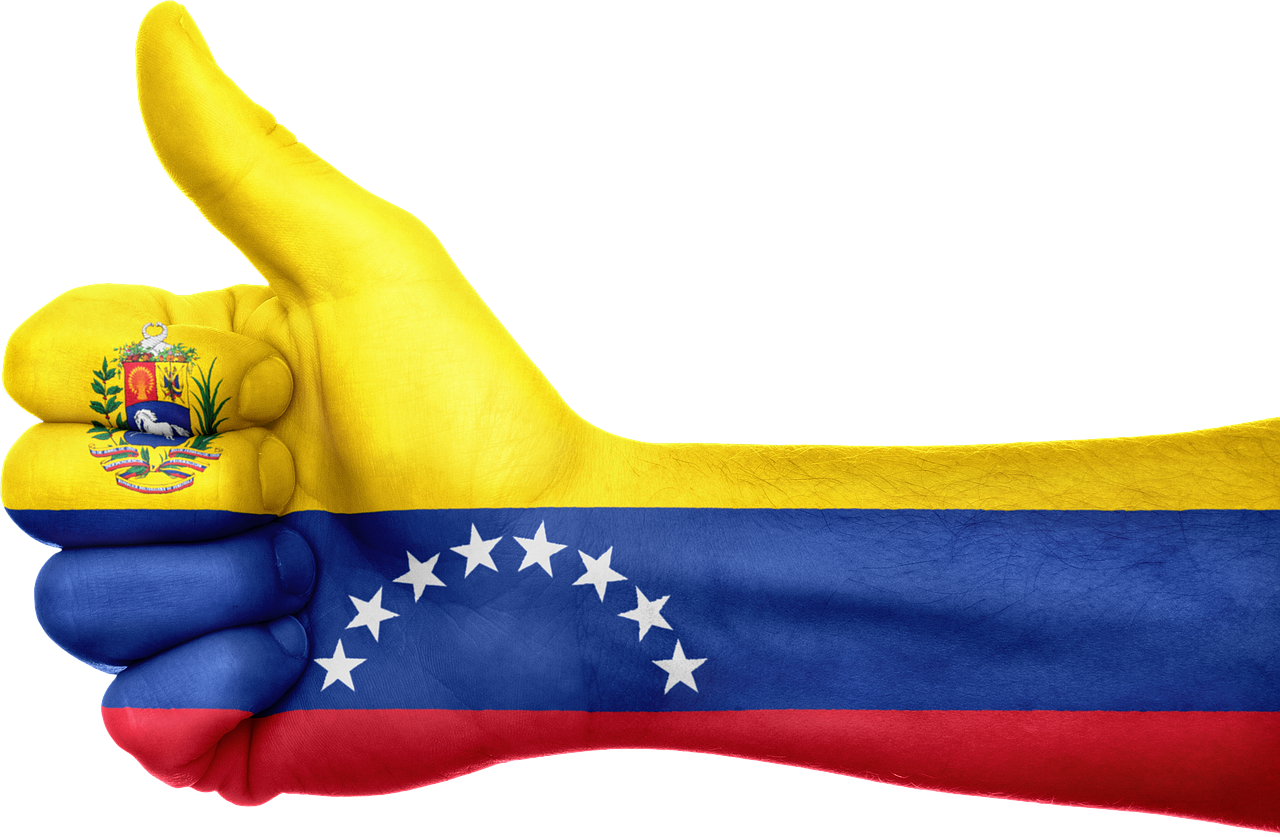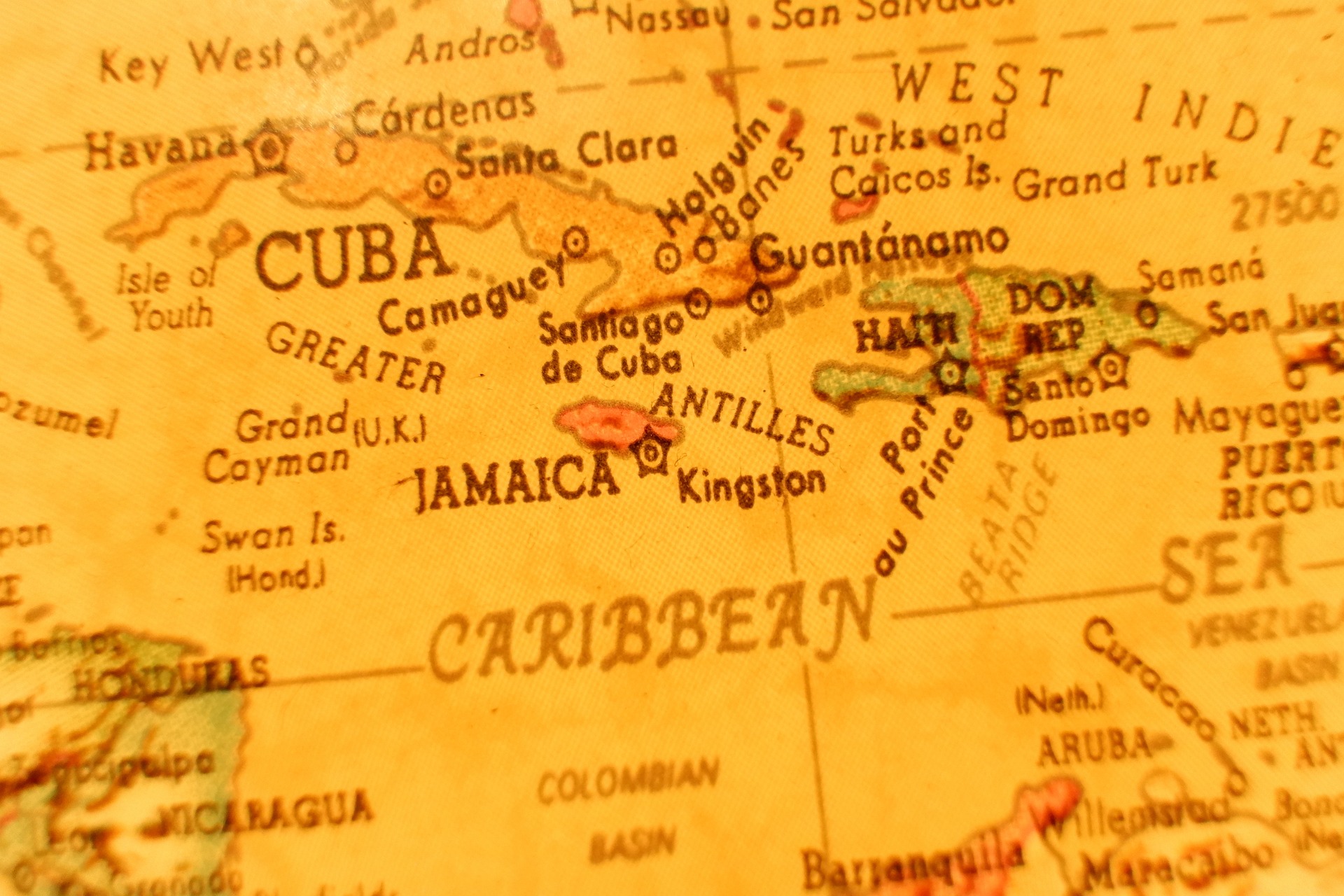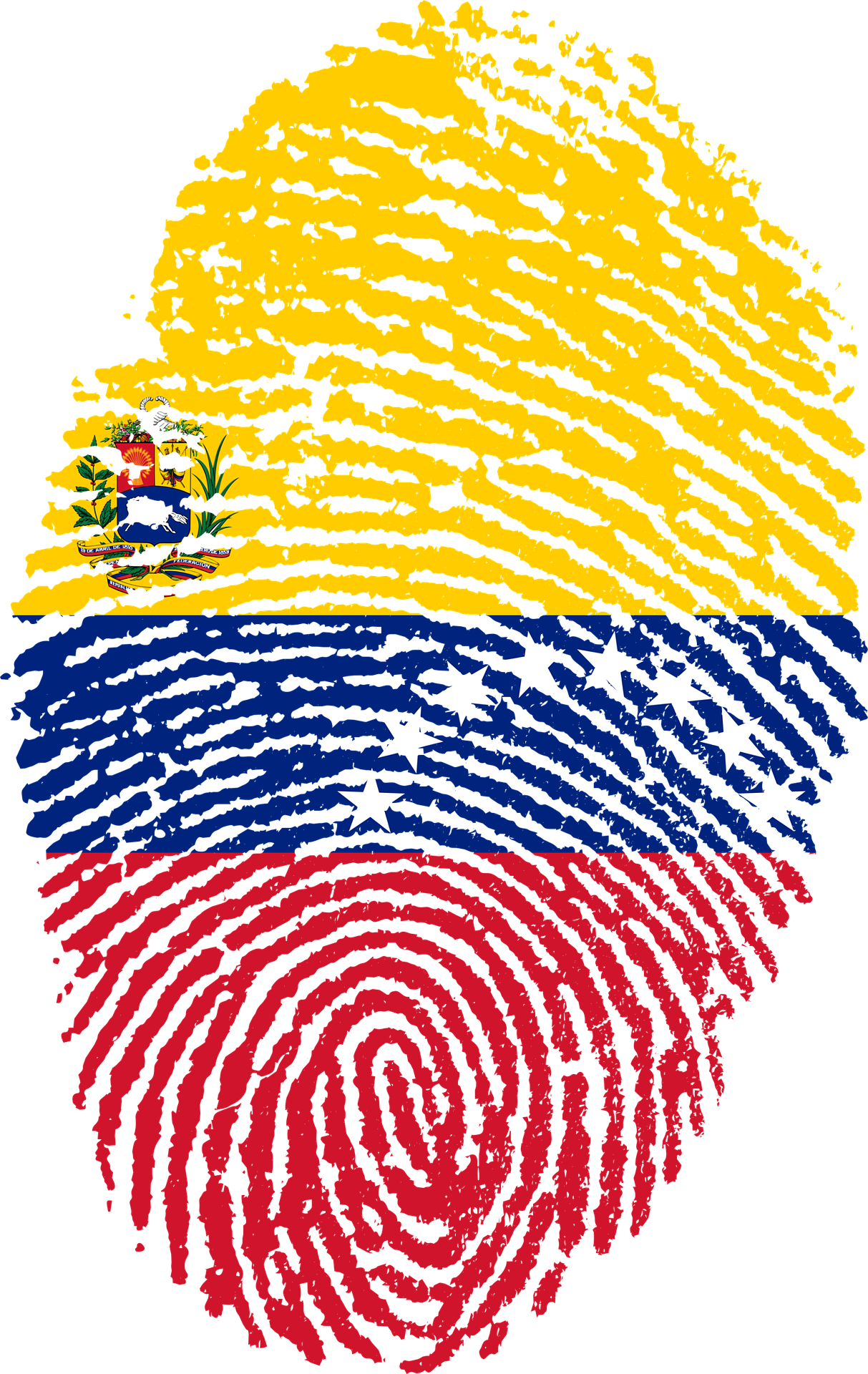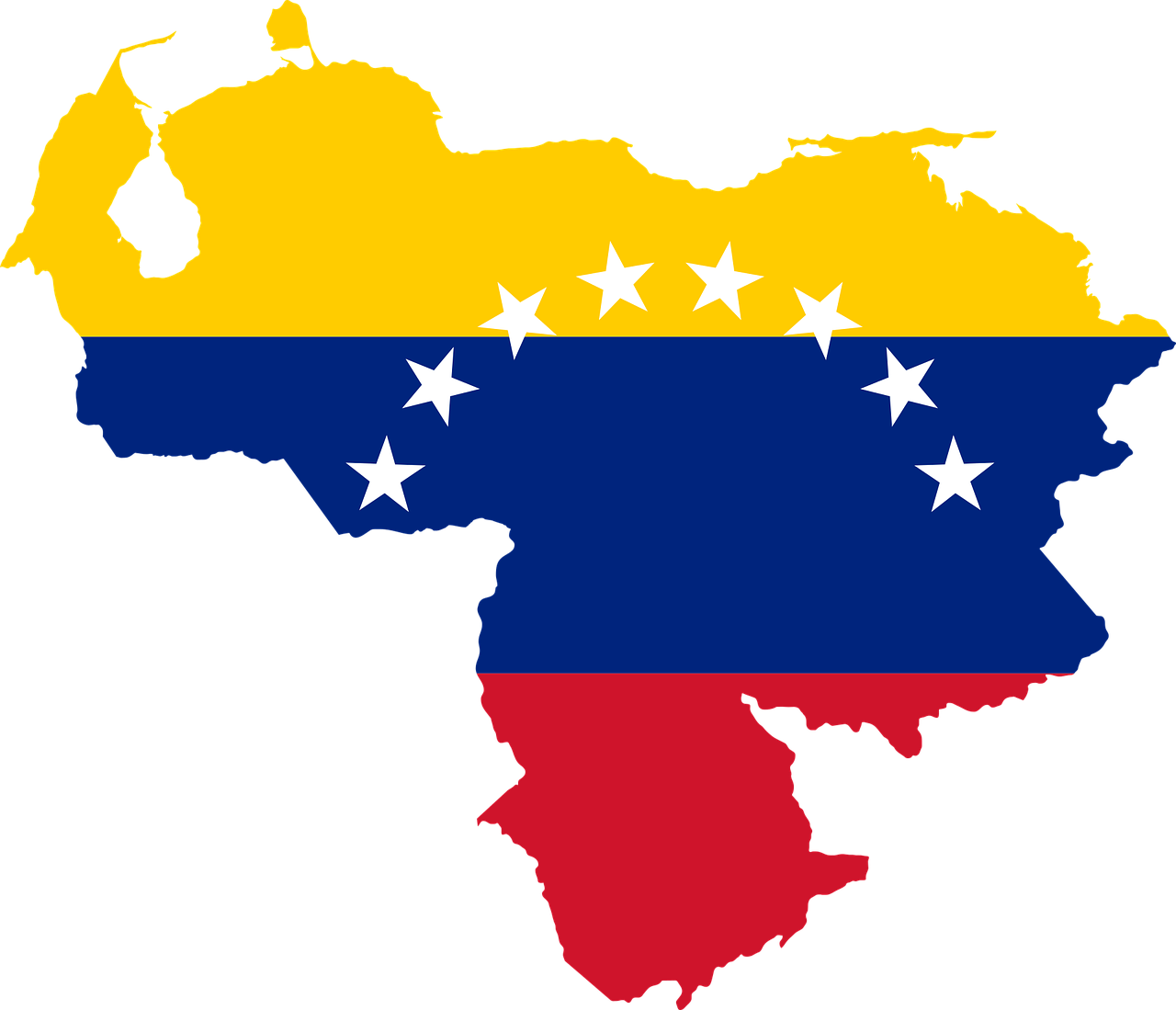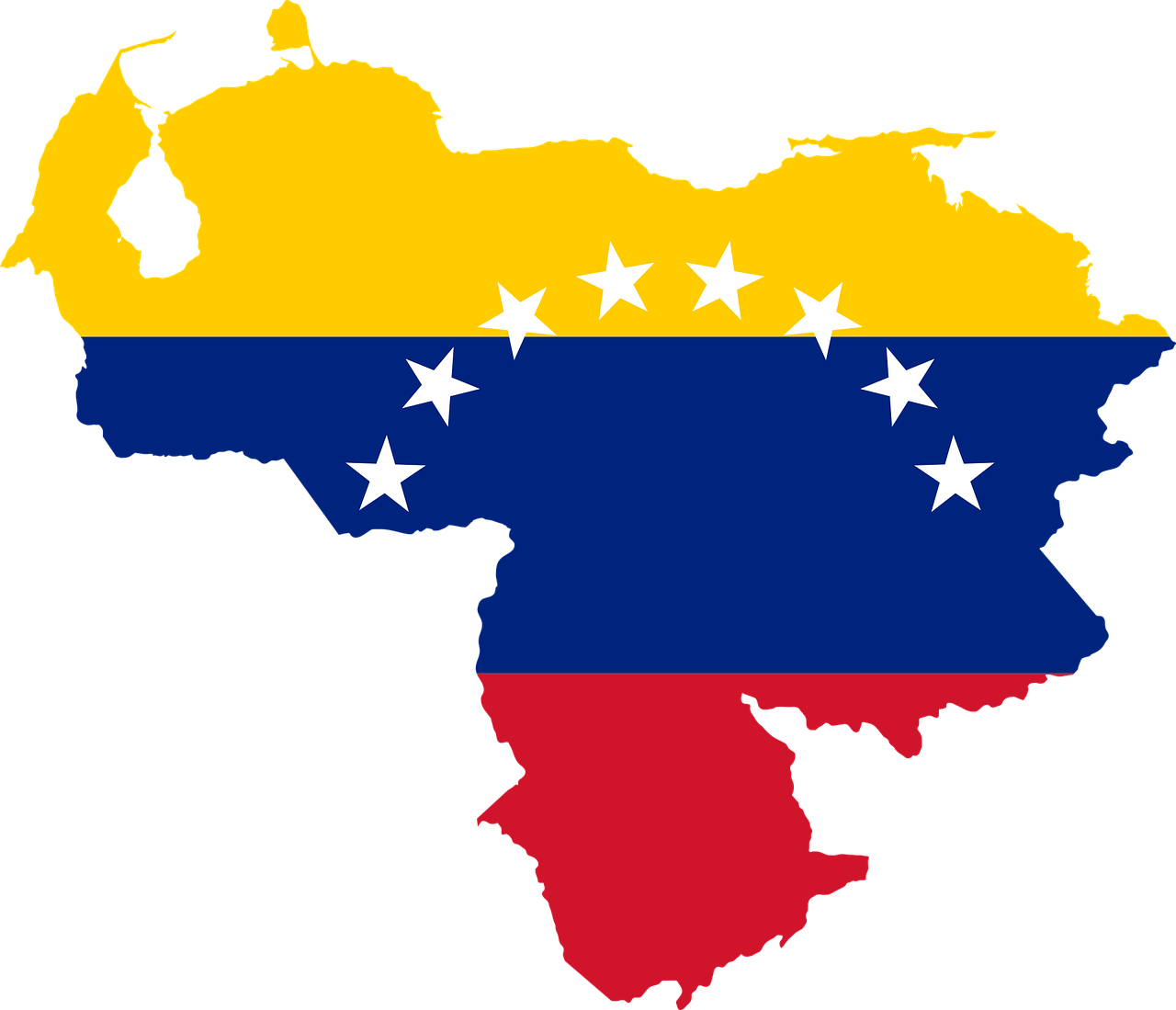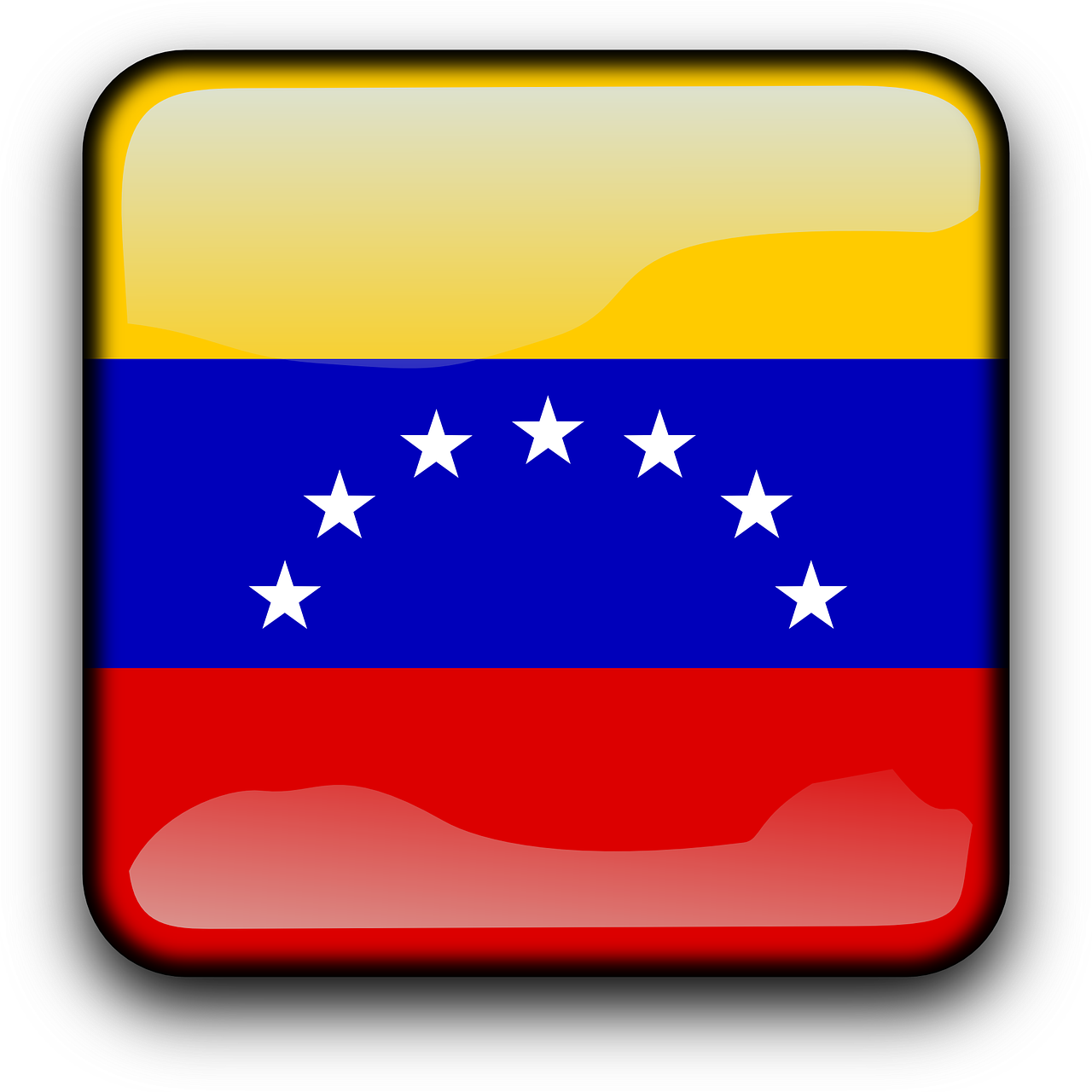
Welcome back to Visalawyerblog! We hope you had a wonderful weekend.
In this blog post, we share with you some exciting news for Venezuelan nationals receiving benefits under the Temporary Protected Status (TPS) program.
The Biden administration has made the decision to extend Temporary Protected Status for Venezuelan nationals currently receiving protections under the program until March 10, 2024. In addition, the re-designation means that certain eligible Venezuelan nationals will be able to apply for TPS protections for the first time.
The main benefit of applying for this program is that those who are approved for Temporary Protected Status can remain in the country on a lawful basis, will receive protection against deportation (deferred status), and are eligible to apply for employment authorization and travel permission by filing, Form I-765 Application for Employment Authorization, and Form I-131 Application for Travel Document, with the United States Citizenship and Immigration Services (USCIS).
How did this all happen?
Extension of Designation of Venezuela for TPS
On July 11, 2022, the Secretary of Homeland Security, Alejandro Mayorkas, announced an 18-month extension and redesignation of Temporary Protected Status (TPS) for the country of Venezuela. This extension and re-designation will be in effect from September 10, 2022, through March 10, 2024 (an 18-month period).
Secretary Mayorkas made this decision after consulting with government officials and taking into consideration the ongoing conflict in Venezuela, lack of access to food, water, healthcare, and other conditions.
Mayorkas found that these circumstances ultimately prevented Venezuelan nationals from safely returning to their home country stating, “After careful consideration, and in consultation with the Secretary of State, today I am extending that designation. This action is one of many ways the Biden administration is providing humanitarian support to Venezuelans at home and abroad, together with our regional partners. We will continue to work with our international partners to address the challenges of regional migration while ensuring our borders remain secure.”
Currently, there are an estimated 343,000 individuals potentially eligible for TPS under the existing designation of Venezuela. The program’s extension will mean that these beneficiaries can re-register for benefits and retain TPS status through March 10, 2024, so long as they can demonstrate that they continue to meet the TPS eligibility requirements.
Continue reading
 Visa Lawyer Blog
Visa Lawyer Blog


